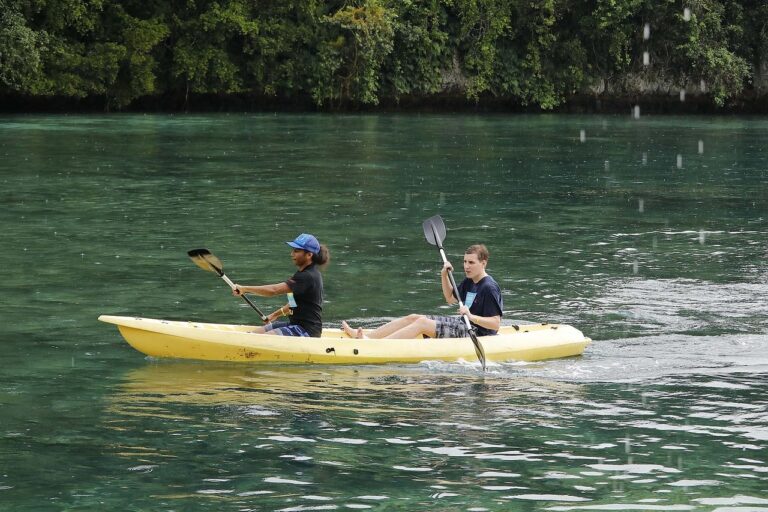Exploring the Concept of “Dark Tourism” and Its Impact on Hoteliers: Play 99 exch, Lotus bhai, Playexch
play 99 exch, lotus bhai, playexch: Dark tourism is a relatively new concept that has been gaining popularity in recent years. This type of tourism involves visiting sites that are associated with death, tragedy, or suffering. While this may seem morbid to some, it can actually be a fascinating and educational experience for others.
Many hoteliers may not realize the potential impact that dark tourism can have on their business. By understanding this concept and catering to this niche market, hoteliers can attract a new set of clientele and increase their revenue.
Attracting Dark Tourists
One of the key benefits of embracing dark tourism is the ability to attract a different type of traveler. Dark tourists are often curious, adventurous, and looking for unique experiences. By offering packages that include visits to local historical sites, museums, or memorials, hoteliers can cater to this audience and differentiate themselves from competitors.
Creating Unique Experiences
Hoteliers have the opportunity to partner with local tour operators or attractions to create unique experiences for dark tourists. This could include guided tours of haunted buildings, cemetery walks, or historical reenactments. By offering these types of experiences, hoteliers can enhance their guests’ stay and provide them with a memorable and immersive experience.
Promoting Ethical Tourism
It’s important for hoteliers to approach dark tourism with sensitivity and respect. While it can be a profitable niche market, it’s crucial to remember that these sites are often associated with tragedy and loss. Hoteliers should strive to educate their guests about the history of these sites and promote ethical tourism practices.
Maximizing Revenue Opportunities
Dark tourism can also present hoteliers with new revenue opportunities. By offering packages that include guided tours, transportation, and accommodations, hoteliers can increase their revenue per guest and attract a higher-spending clientele. Additionally, hoteliers can partner with local businesses, such as restaurants or souvenir shops, to create all-inclusive packages that provide guests with a seamless experience.
Enhancing the Guest Experience
Ultimately, embracing dark tourism can help hoteliers enhance the overall guest experience. By offering unique experiences and catering to the interests of dark tourists, hoteliers can create a memorable and personalized stay for their guests. This can result in positive reviews, word-of-mouth referrals, and repeat business.
FAQs
Q: Is dark tourism suitable for all hotels?
A: Dark tourism may not be suitable for all hotels, as it depends on the location and target market of the property. It’s essential for hoteliers to assess whether dark tourism aligns with their brand values and target demographic before implementing any strategies.
Q: How can hoteliers promote dark tourism experiences?
A: Hoteliers can promote dark tourism experiences through their website, social media channels, and partnerships with local tour operators. By highlighting these unique experiences, hoteliers can attract dark tourists and increase their bookings.
Q: What are some examples of dark tourism sites?
A: Some examples of dark tourism sites include concentration camps, battlefields, disaster sites, and haunted locations. These sites attract visitors who are interested in learning about history, culture, and the human experience.
In conclusion, dark tourism can have a significant impact on hoteliers by attracting a new set of clientele, creating unique experiences, promoting ethical tourism, maximizing revenue opportunities, and enhancing the guest experience. By understanding this concept and catering to this niche market, hoteliers can differentiate themselves from competitors and thrive in the ever-evolving tourism industry.







